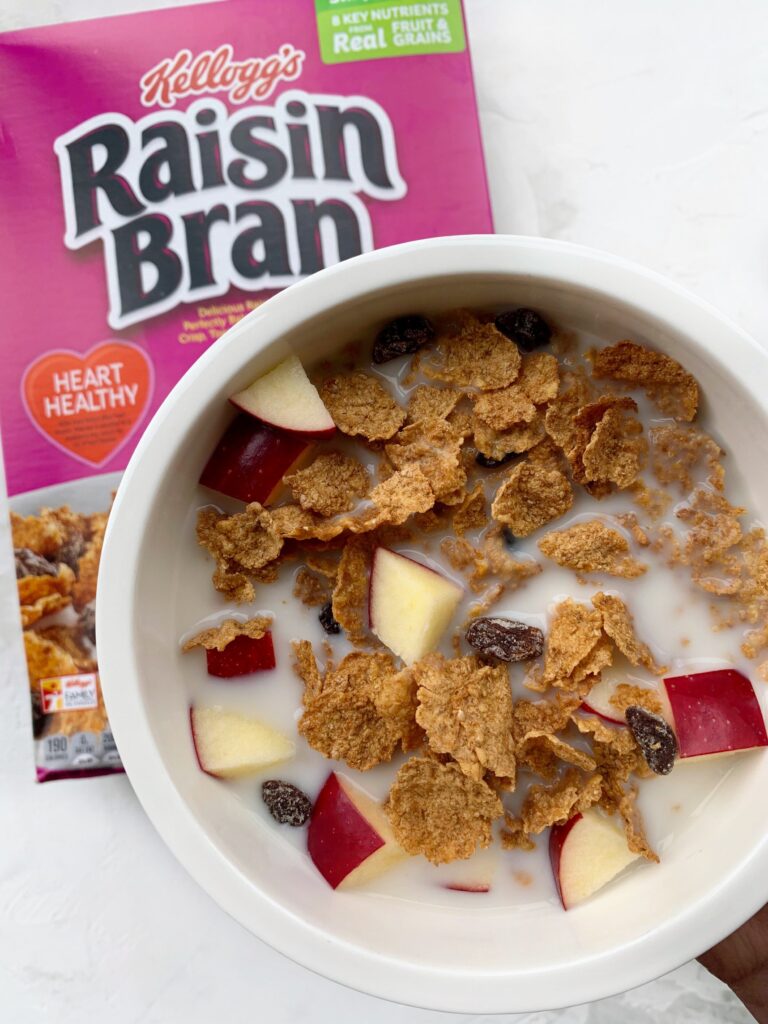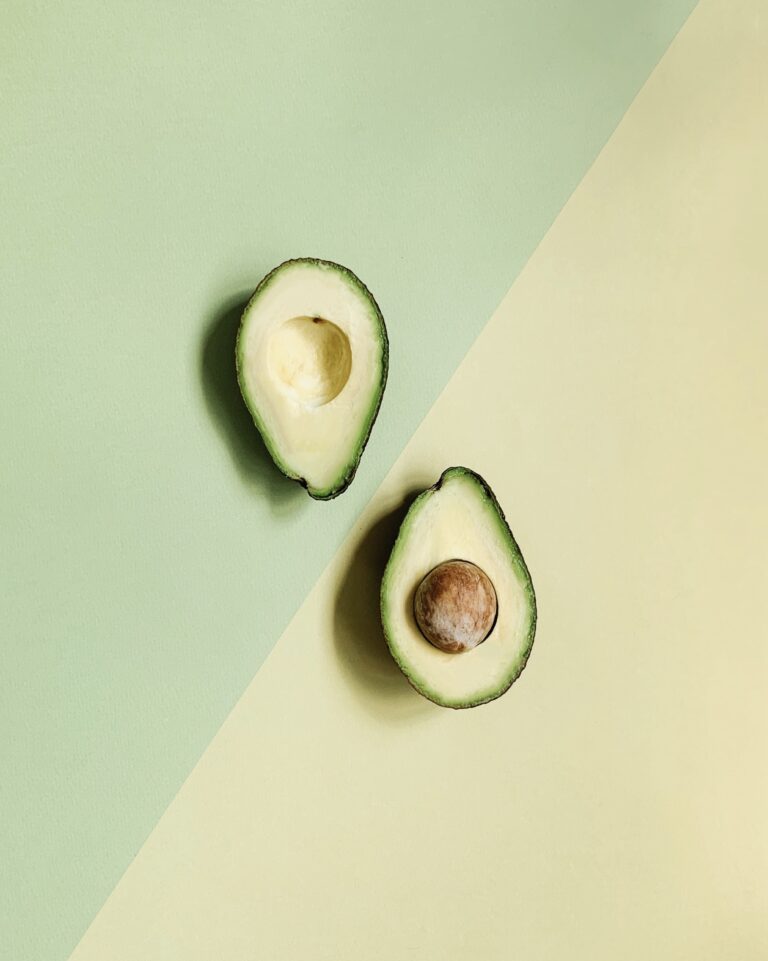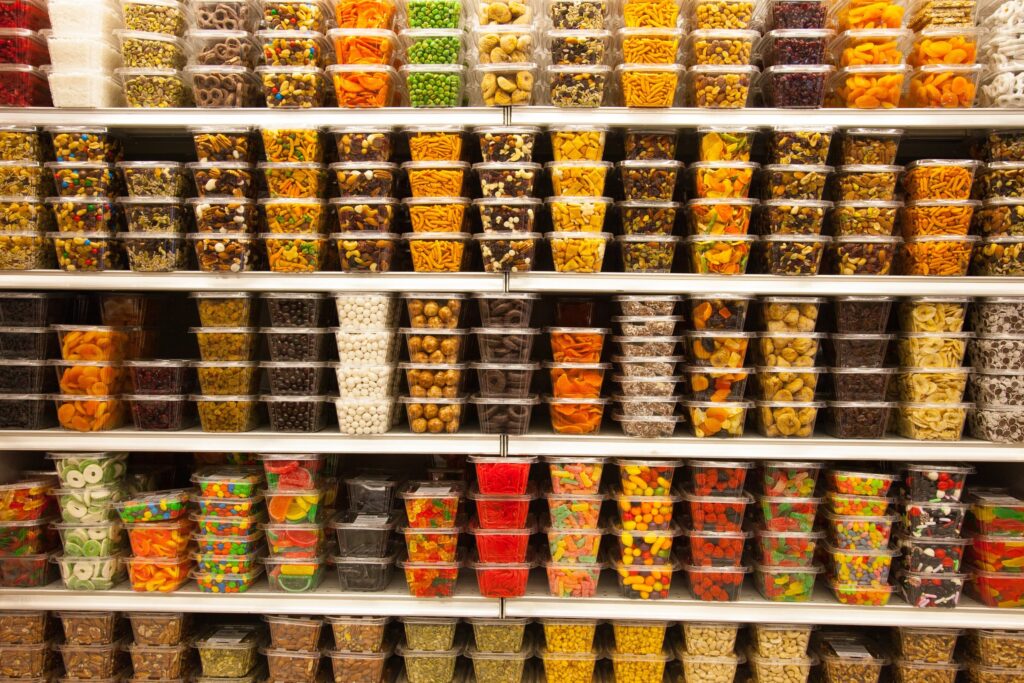Burger Breakdown: Plant-Based Burgers vs. Beef Burgers
By Sammi Brondo — July 29, 2024
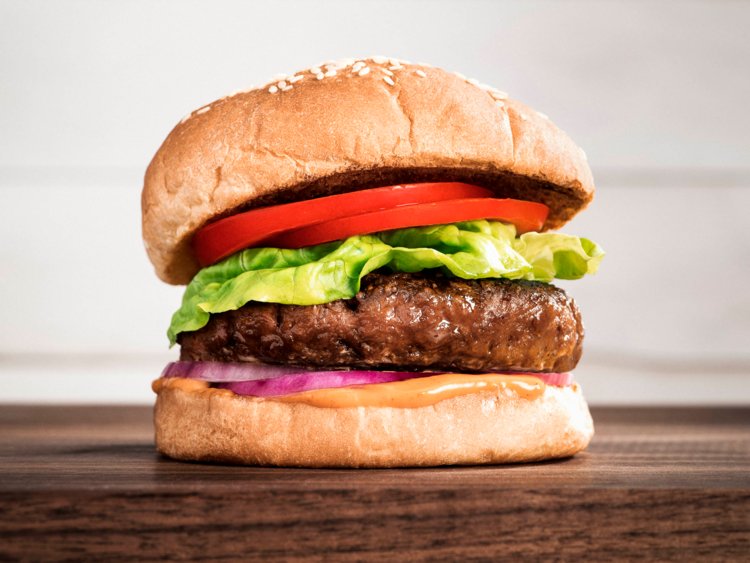
The plant-based burger movement is gaining major traction lately. This year alone, places like McDonalds introduced their own plant-based patty, the Big Vegan TS, in Sweden and at its headquarters in Chicago, while Burger King started offering the Impossible Whopper at 300 locations across the US. And, my husband, Jordan, who I’m pretty sure still hasn’t even heard of oat milk, recently asked me about these burgers. If that’s not enough to show how widespread these burgers have become, I don’t know what it is.
What are these plant-based burgers exactly? In a nutshell, they’re non-meat “burgers” that are made to look, taste and even mimic the characteristics of a real beef burger. Seriously, many use a secret ingredient (more on that below) to make the burger “juice” look like blood. And what’s the deal with these burgers? What are they made of and how do they compare to a regular burger? The two biggest plant-based burgers right now are the Impossible Burger and the Beyond Burger. With my intern, Julia, we took a deep dive into learning everything about these burgers to compare them to regular beef burgers. Here’s what we found.
What are they?
The Impossible Burger is made by the company Impossible Foods. This year, the company changed its ingredients based on consumer feedback – it started using soy protein instead of wheat protein to make the burger gluten free, and replaced some of the coconut oil with sunflower oil to lower its saturated fat content. You can find it at chain restaurants like Red Robin, White Castle, Applebee’s and Bareburger as well as thousands of small and fine restaurants around the country and world. The Impossible Burger is not yet available in grocery stores (currently, in restaurants only), but per the company’s website, will be sold in stores later this year.
The Beyond Burger is made by the company Beyond Meat. It’s gluten free and, unlike the Impossible Burger, it’s soy free and doesn’t contain any GMO’s. It’s sold at large grocery stores like Whole Foods, Giant, Safeway, Food Lion and Jewel Osco. You can also find it on the menu at chain restaurants like TGI Fridays, Bareburger (yes – they sell both burgers!) , A&W and Carl’s Jr.
Nutrition – how do they compare?
For a 4-ounce patty, here’s how these burgers compare:
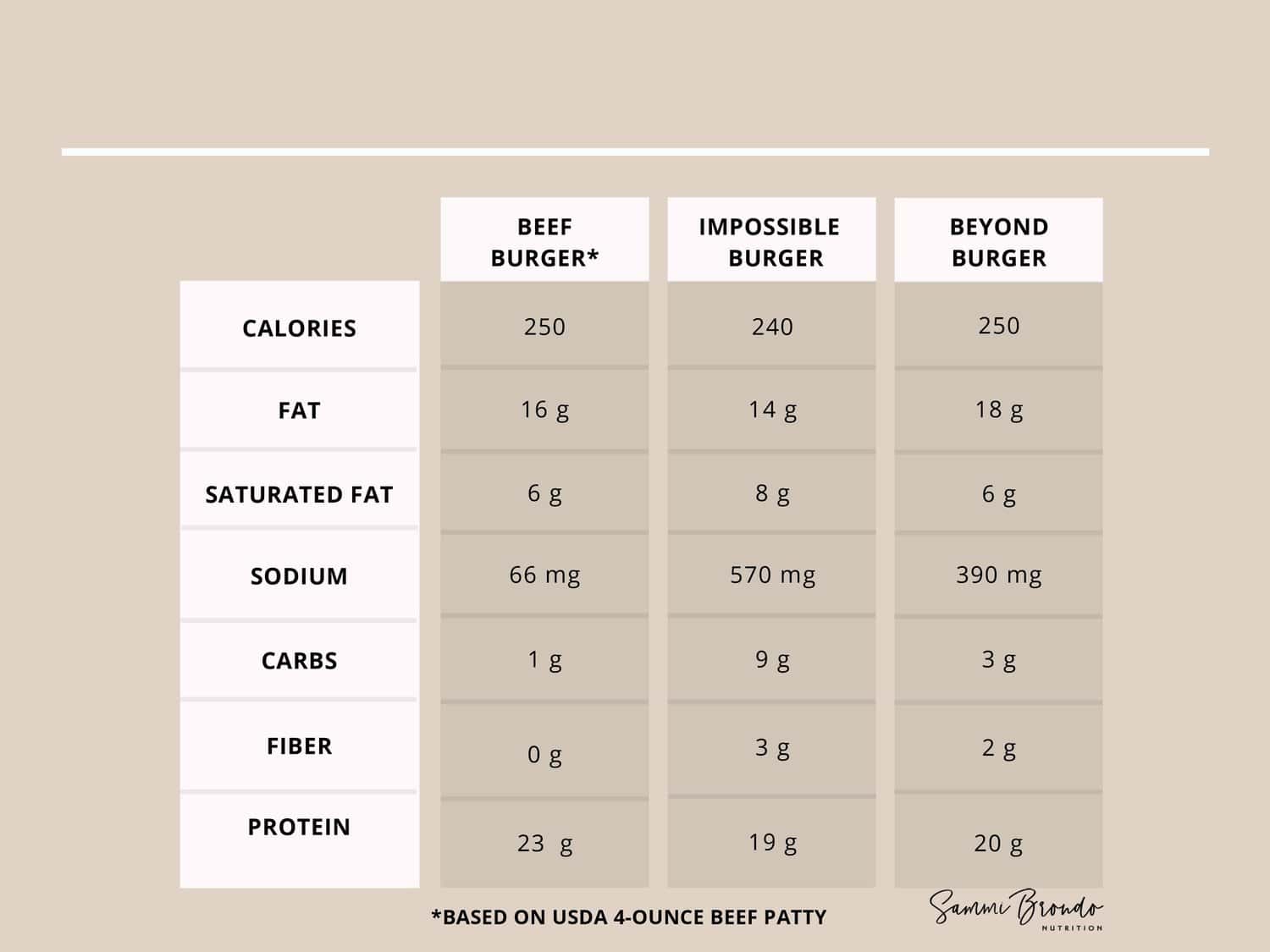
Notable nutrients
Aside from these macronutrients, one of the biggest benefits of a typical burger is the B vitamins and iron it offers. Red meat is one the richest sources of B vitamins and iron. Of course, you can get these nutrients from other foods (specifically, dark, leafy greens), but they’re the most common nutrients are that generally lacking or harder to get in a vegan or vegetarian diet.
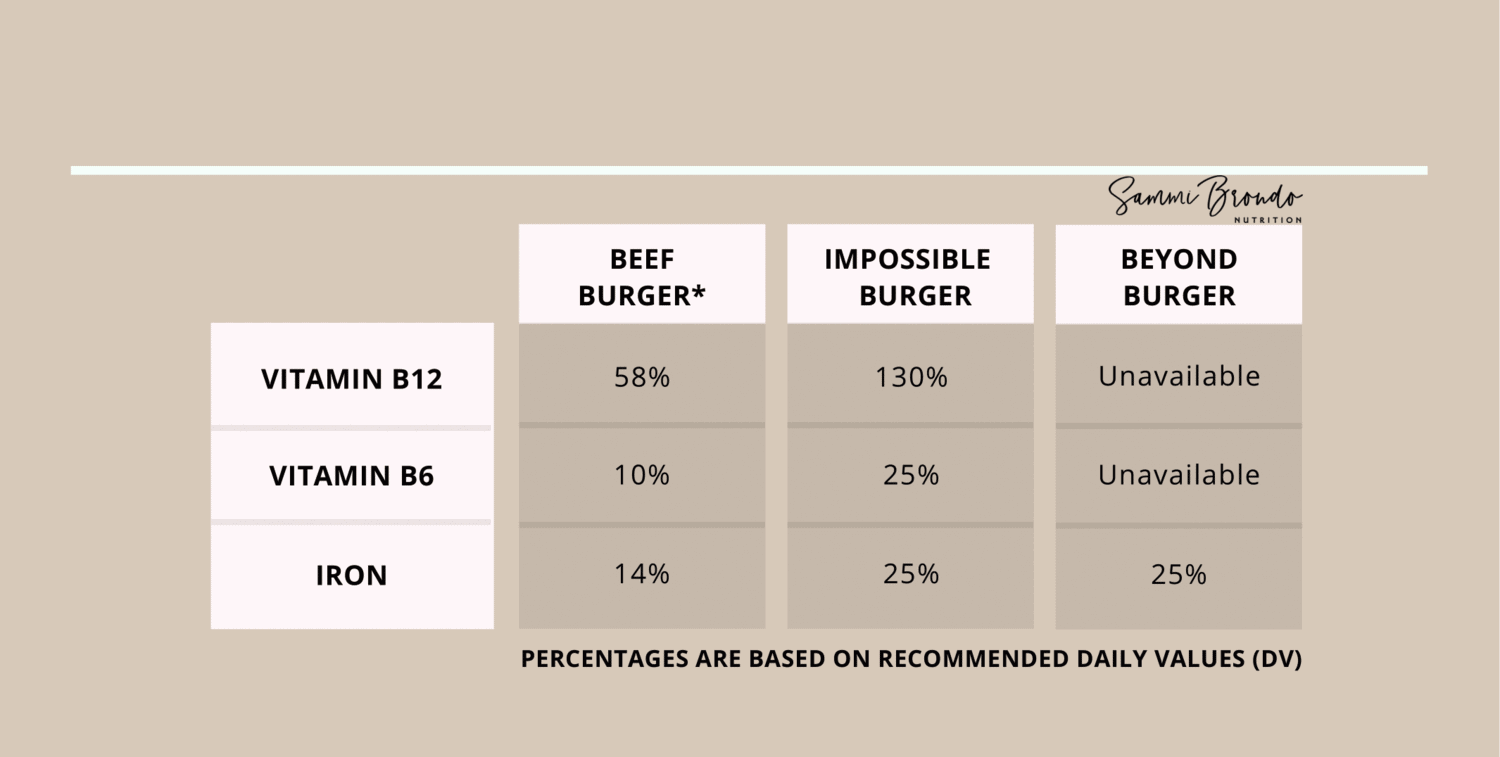
Ingredient list – what’s in them?
Impossible Burger:
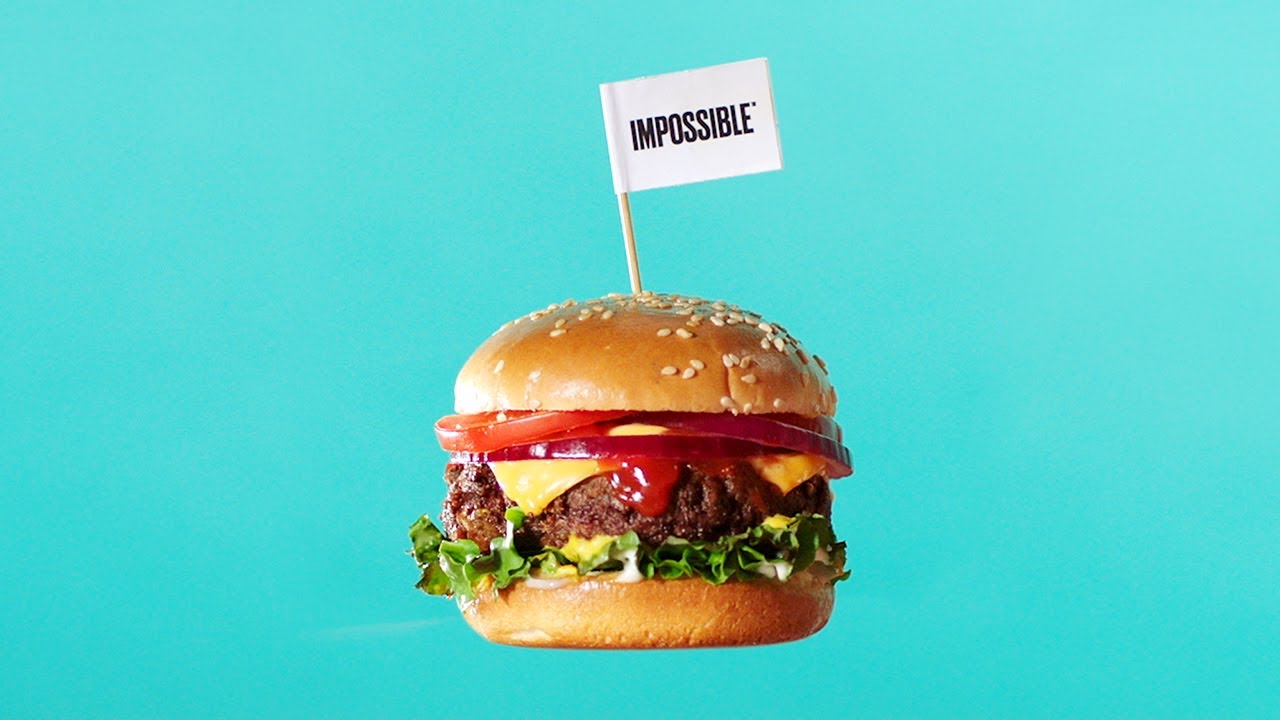
Water, soy protein concentrate, coconut oil, sunflower oil, natural flavors,
2% or less of: potato protein, methylcellulose, yeast extract, cultured dextrose, food starch modified, soy leghemoglobin, salt, soy protein isolate, mixed tocopherols (vitamin E), zinc gluconate, thiamine hydrochloride (vitamin B1), sodium ascorbate (vitamin C), niacin, pyridoxine hydrochloride (vitamin B6), riboflavin (vitamin B2), vitamin B12
Beyond Burger:
Water, pea protein isolate, expeller-pressed canola oil, refined coconut oil, rice protein, natural flavors, cocoa butter, mung bean protein, methylcellulose, potato starch, apple extract, salt, potassium chloride, vinegar, lemon juice concentrate, sunflower lecithin, pomegranate fruit powder, beet juice extract (for color)
Beef Burger:
Ground beef (lean/fat % varies by place, although most are typically about 80% lean)
The Impossible Burger is made mostly of soy protein, coconut oil, sunflower oil and “natural flavors.” It has multiple vitamins added to it to up its nutrient content. Soy protein concentrate is made from processing a soybean (other foods made from soybean include tofu and tempeh!). While there’s nothing inherently unhealthy about soy protein, some view soy protein concentrate as overly “processed” (an ambiguous, undefined word, IMO!). The only ingredient you might still be wondering about is the soy leghemoglobin, or heme. This heme is genetically engineered (aka GMO) to make the burger taste and “bleed” like beef. It’s Generally Recognized as Safe, or GRAS, by the FDA.
In the Beyond Burger, the burger gets its protein from pea protein and then is mostly made from that plus canola oil, coconut oil and rice protein. Pea protein, like it sounds, is protein made from peas. It’s one of my favorite types of supplemental protein to recommend to vegan clients. This burger gets its “bleeding” properties from beet juice, a much more natural way to achieve this somewhat strange effect.
Beef burgers are pretty self-explanatory – they’re usually made from just beef and spices. When comparing all 3 burgers, although the plant-based ingredient lists are lengthy compared to the beef burger, their ingredients are still simple and safe. If choosing one over the other, I might lean slightly towards the Beyond Burger. I like that it uses pea protein (a vegetable) over soy protein and that it uses beet juice (another vegetable!) to obtain the bleeding effect instead of heme.

Taste – do they even taste the same?!
Most critics say that both burgers do look, feel and taste like a regular beef burger. The tastes of both these burgers have been widely accepted among both vegetarians and meat eaters (which says a lot!). The general consensus seems to be that: when side by side, you can tell which burger is which; but, taste-wise and even appearance wise, they’re a shockingly close match.
While I have yet to try them, Julia had an Impossible Burger at Bareburger and said it was delicious! Have you tried either of them? Leave a comment below!
What does all this mean?
Nutritionally, here’s how they stack up:
- All 3 burgers are pretty similar in terms of calories (~250) , total and saturated fat (6-8 g), and protein (~20 g).
- The biggest difference in both plant-based burgers vs. a beef burger is the sodium. In fact, the sodium content of an Impossible Burger is nearly 10x that of a regular beef burger (570 mg vs. 66 mg).The salt content in these plant-based burgers is markedly high – because of this, they’re considered high sodium foods. (Keep in mind that the daily recommended value for sodium is only 2,300 mg/day – the burger would account for 25% of that!).
- When it comes to nutrients though – B vitamins and iron – both plant-based burgers have more than a traditional beef burger. Ingredient-wise, these nutrients are being fortified, or straight up added, to the burger instead of occurring naturally. Personally, I don’t think that’s a huge deal. Many of the foods we eat are fortified – bread and cereal are fortified with folate (another important B vitamin) and milk is fortified with vitamin D. But, if your personal preference is to try to obtain these nutrients as they’re naturally present, that’s okay too. Keep in mind however, that most vegan diets are low in many B vitamins and iron. So, if you follow a vegan diet, it’s a bonus that these burgers add those typically lacking nutrients.
- Ingredients: clearly, a beef burger has a more straightforward ingredient list. You don’t need a nutrition degree to figure that one out. But, as seen above, the ingredients in both plant-based burgers really aren’t anything too crazy – some added protein, some added vitamins, and other additions for texture and color purposes. If you follow a vegan diet, there are definitely more whole food ways to get protein – like beans, chickpeas, and even tofu and tempeh, to name a few. But, whether you follow a vegan diet or not, if you’re just curious about or simply like these plant-based burgers – aside from the sodium content – there’s nothing too crazy to worry about in their ingredient lists.
The bottom line
Nutritionally, plant-based burgers and beef burgers are almost similar. They have similar amounts of calories, protein and fat. But, plant-based burgers have far more sodium and a longer ingredient list than beef burgers. On the other hand though, they also have more beneficial vitamins and minerals.
If you’re looking to try these plant-based burgers, they can be a great meal option. However, simply because of their sodium content, they wouldn’t make a great every day option. There are other ways to get protein in your diet, and there are definitely ways to do so with way less salt.
Plant based burgers versus each other, I’d probably choose the Beyond Burger. It has a more “natural” ingredient list and much less sodium than the Impossible Burger. That said, if I was at a restaurant and the only option was the Impossible Burger, I’d still try it. In the scheme of things, the differences between the two burgers aren’t that big.
On the whole: All 3 of these burgers are high in saturated fat. I wouldn’t recommend having any of them daily, but any of them can make a great occasional option. Although the plant-based burgers have lengthy ingredient lists, their ingredients are perfectly safe and they offer a good amount of protein. Compared to a regular beef burger, these plant-based burgers beneficially contain more vitamins, but negatively, contain more salt. If you prefer a good old fashioned beef burger, you wouldn’t necessarily be making a healthier choice nutritionally by choosing a plant-based burger. But, if you like these plant-based burgers or are at all curious about them, go for it – there’s no harm in trying.
Want more straightforward, research-based nutrition information? Check out All Foods Fit, my monthly subscription program that sends you a new nutrition lesson each month (or you can get all 12 lessons at once to go at your own speed!).


